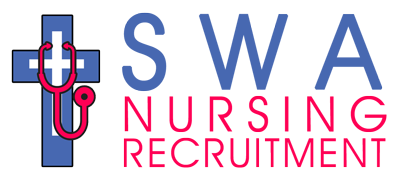Nursing Regulatory Bodies:
Each province and territory in Canada has its own nursing regulatory body responsible for registering and regulating nurses. For example, in Ontario, it’s the College of Nurses of Ontario (CNO), and in British Columbia, it’s the British Columbia College of Nursing Professionals (BCCNP).
Nursing Assessment and Licensing:
Foreign-trained nurses need to go through an assessment process to determine if their education and experience meet Canadian standards. This often involves credential evaluation and language proficiency testing.
Language Proficiency:
English or French language proficiency is crucial. The International English Language Testing System (IELTS) or Canadian English Language Proficiency Index Program (CELPIP) scores are commonly required.
National Nursing Assessment Service (NNAS):
NNAS is a service used by some provinces for the initial assessment of internationally educated nurses. It helps streamline the application process by providing a centralized assessment.
Bridge Programs:
Some provinces may require nurses to complete bridging programs to adapt to the Canadian healthcare system. These programs may include additional training and clinical experience.
Express Entry System:
The Express Entry system is a points-based immigration system used by the federal government and some provinces. Nurses with the necessary qualifications and work experience may be eligible to apply for permanent residency through Express Entry.
Job Search:
Once licensed, nurses can search for job opportunities through various channels, including online job portals, hospital websites, and provincial health authorities.
Provincial Nominee Programs (PNPs):
Some provinces have specific streams under their Provincial Nominee Programs to attract and nominate healthcare professionals, including nurses, for permanent residency.
It’s essential for individuals interested in working as nurses in Canada to check the specific requirements of the province in which they intend to practice. The immigration and licensing processes may vary, and it’s advisable to directly contact the nursing regulatory body of the respective province for the most accurate and up-to-date information.
For the latest information, you may want to visit the official website of Immigration, Refugees and Citizenship Canada (IRCC) and the nursing regulatory body of the province you are interested in. Additionally, consulting with an immigration consultant or legal professional can provide personalized guidance based on your situation.
Nigerian Address: Otaru House, 13 Aladelola Street, Ikosi Ketu
Tel: +2349069499506
UK address: 21 Botanic Avenue, Belfast. BT7 1JJ
Tel: +447401255565
Nigeria: 14 Adedotun Dina Street, Mende, Maryland Lagos
Tel: +2349069499506
UK: 21 Botanic Avenue, Belfast. BT7 1JJ
Tel: +447401255565

